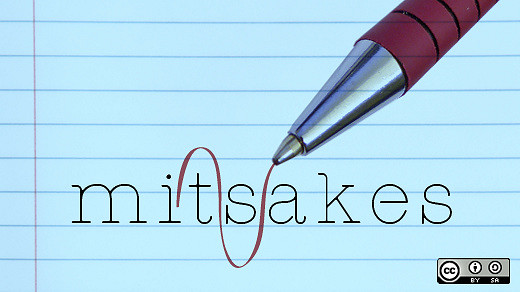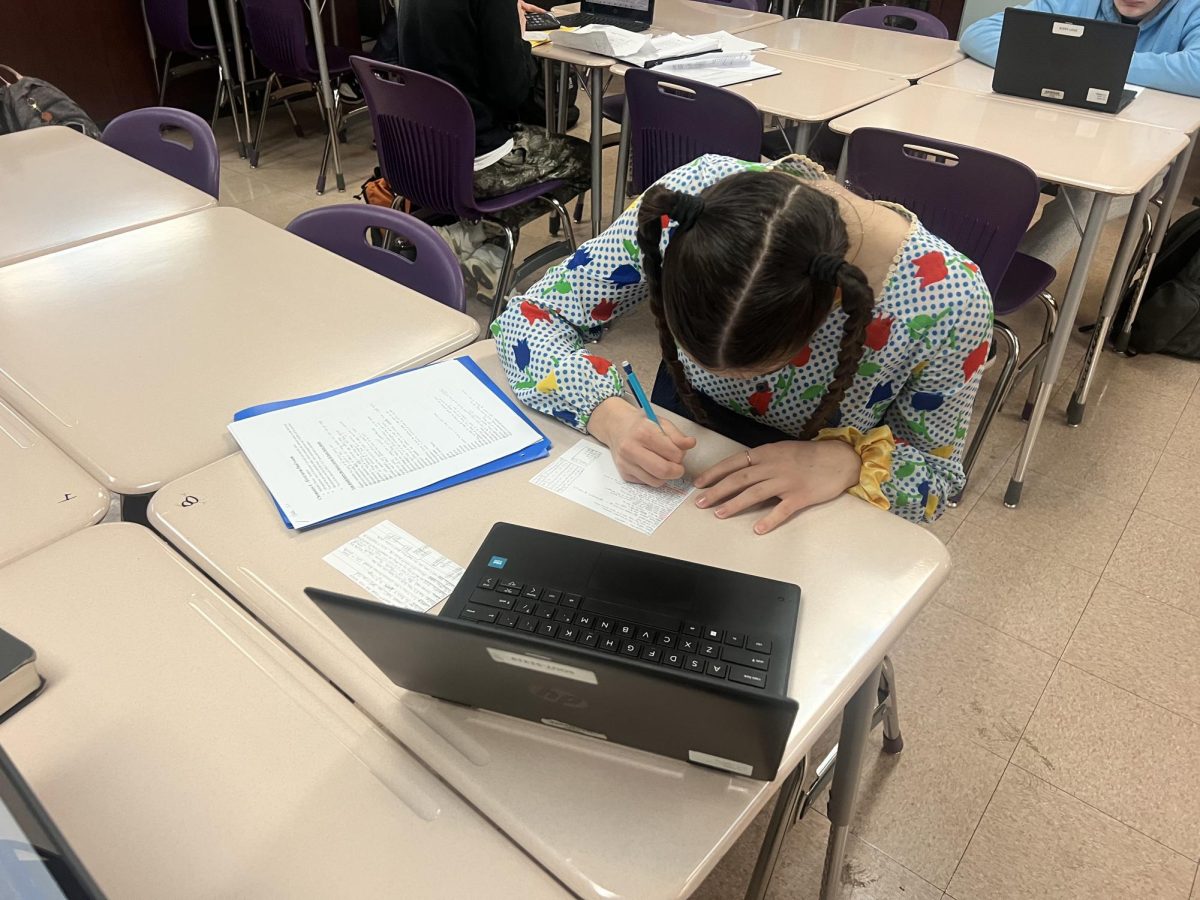
Comedian Jerry Seinfeld stirred up controversy in an ESPN interview last year, in which he lamented that political correctness was hurting his comedy, especially in front of certain audiences: “I don’t play colleges, but I hear a lot of people tell me, ‘Don’t go near colleges. They’re so PC,” he said in the interview.
Seinfeld’s complaint was that with so many jokes “off-limits” because they are considered offensive, comedians have limited freedom of expression. He argued that college age individuals don’t know what “offensive” is, using terms like racist and sexist frequently and incorrectly.
As this generation develops and continues to express itself through vastly public avenues like Twitter, the topic of political correctness becomes increasingly relevant. Everyone has an opinion on what is offensive and what isn’t.
First of all, free speech is free speech, someone is allowed to offend you or say that something you find offensive isn’t offensive to them. You can say it’s racist or sexist or homophobic all you like but the same principle that protects your right to call Jerry Seinfeld an idiot protects his right to say that you’re too politically correct.
I also understand that the line between “okay” and “not okay” is subjective. Everyone is going to react differently to an edgy joke, and though some proclaim otherwise, there is no definitive definition of what is problematic and what isn’t.
What I think many forget in the face of the extremist world of Twitter and Tumblr, is that people make mistakes, often when they don’t realize they are doing so. A person can say something that is racist, sexist, transphobic, heteronormative and so on, without realizing the implications of their statement. People mess up, and they shouldn’t be shunned for it.
Often in benign situations like this, the offensive statement comes from a place of ignorance and misused privilege. A teenage boy growing up in a homophobic family and community can say something extremely homophobic, but he isn’t solely to blame. I live within an accepting family and community. I have been given a headstart on acceptance. When I see someone who is offensive because of their background I don’t get angry, I get sad.
Instead of shouting at someone who says something insensitive (either through capslock or verbally,) educate them. Point them down the path that you’re already on. Show them why they’re wrong. Answer all their questions. And if they still disagree once they have the information you do, it’s their fault not yours. Yelling at someone and refusing to forgive are not ways to make allies.
We can all do a little better because we all make mistakes. I know that I have limited knowledge of racism because I am white. Before I speak I need to listen to people who experience the issues I’m talking about. I need to check my privilege and do my best to understand given the fact that I will never fully be able to. Don’t apologize for the advantages you’ve been given in life, recognize them, and use them to help others when at all possible.
You’ll screw up. It happens to all of us. It’s how you learn and grow and apologize for your mistakes that counts. And hey Seinfeld, I like knock knock jokes.

